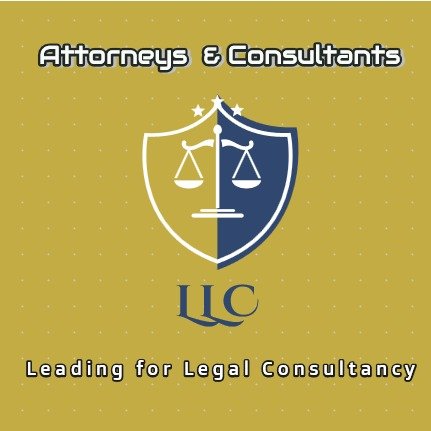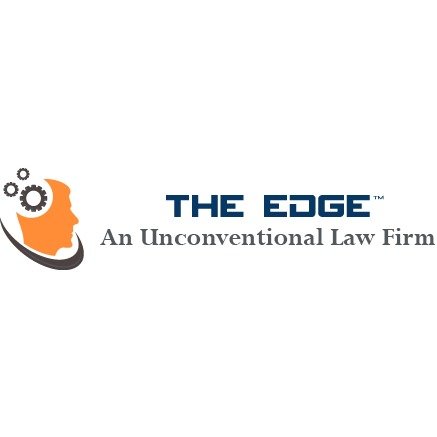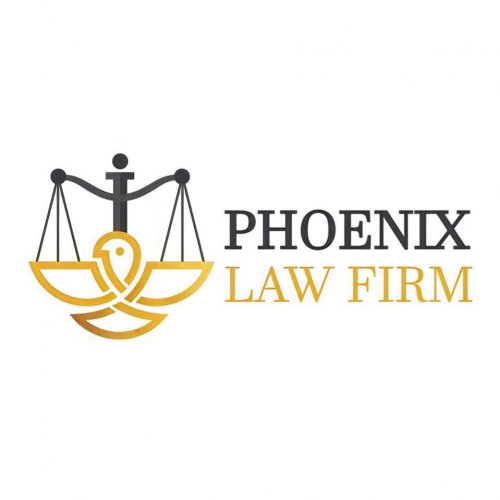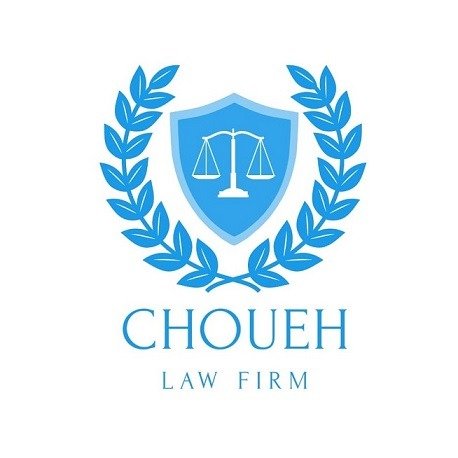Best International Trade Law Lawyers in Beirut
Share your needs with us, get contacted by law firms.
Free. Takes 2 min.
List of the best lawyers in Beirut, Lebanon
About International Trade Law in Beirut, Lebanon
International Trade Law in Beirut, Lebanon, involves the legal frameworks and regulations governing the exchange of goods and services across national borders. Beirut, a key commercial hub in the Middle East, is strategically positioned and has developed a robust legal framework to address international trade matters. This branch of law encompasses a wide array of areas including import and export regulations, trade agreements, customs law, and dispute resolution. Engaging with International Trade Law in Lebanon requires an understanding of both the national legislation and international conventions that Lebanon adheres to.
Why You May Need a Lawyer
Individuals and businesses may require legal assistance in International Trade Law for various reasons. Common situations include negotiating or drafting international sales contracts, resolving disputes arising from international transactions, understanding compliance with local and international trade regulations, dealing with customs issues, engaging in international commercial arbitration, and navigating through various trade barriers and tariffs. Given the complexity and potential risks associated with international trade, legal expertise is often necessary to protect one's interests and ensure smooth business operations.
Local Laws Overview
The legal landscape for international trade in Beirut encompasses several key aspects. Lebanon operates under a civil law system influenced by French law, with specific regulations governing trade, customs, and taxation. The customs code establishes the legal framework for import and export activities, including tariff classifications and duties. Lebanon is also a member of the World Trade Organization (WTO), meaning its trade policies are aligned with global standards to some extent. Additionally, the country has entered into several bilateral and multilateral trade agreements aimed at facilitating international commerce.
Frequently Asked Questions
What is the role of customs in international trade in Lebanon?
Customs authorities in Lebanon oversee the enforcement of import and export regulations. They are responsible for assessing and collecting duties, ensuring compliance with Lebanon's trade regulations, and preventing illegal trade activities.
How does Lebanon's membership in the WTO affect its trade laws?
As a member of the WTO, Lebanon adheres to its agreements and treaties, which promote fair trade practices and reduce trade barriers. This membership influences Lebanon's trade laws to align with international standards.
What are some common legal issues in international trade?
Common issues include breach of contract, noncompliance with trade regulations, customs disputes, intellectual property rights infringement, and disputes over payment and delivery terms.
How can international trade disputes be resolved?
Disputes can be resolved through litigation in Lebanese courts or through alternative dispute resolution methods such as arbitration and mediation, which are preferred for their efficiency and confidentiality.
What documentation is typically required in international trade transactions?
Key documents include commercial invoices, bills of lading, certificates of origin, packing lists, and any special permits or licenses required by Lebanese authorities.
Are there any trade restrictions or sanctions that affect Lebanon?
Yes, Lebanon may be subject to international sanctions or embargoes that can restrict trade with certain countries. It's important to be aware of these restrictions when engaging in international trade.
What are Incoterms, and are they applicable in Lebanon?
Incoterms are internationally recognized trade terms developed by the International Chamber of Commerce. They are used to define responsibilities between sellers and buyers and are applicable in Lebanon to the extent agreed upon in trade contracts.
Is it necessary to hire a lawyer for drafting international trade contracts?
While not legally required, hiring a lawyer can ensure that contracts comply with all relevant laws and address potential legal issues, thereby reducing the risk of disputes.
What is the role of the Ministry of Economy and Trade in Lebanon?
The Ministry of Economy and Trade in Lebanon oversees trade policy, implements economic strategies, and ensures fair trade practices to enhance the country's economic development.
How are taxes on international trade handled in Lebanon?
Taxes on international trade are primarily managed through customs duties. Legal guidance can help in navigating the associated tax regulations to optimize tax liabilities.
Additional Resources
Those seeking further information can turn to the Ministry of Economy and Trade in Lebanon, the Lebanese Customs, and the World Trade Organization’s resources for guidance on Lebanon’s trade regulations. Additionally, international trade bodies such as the International Chamber of Commerce provide insights into global trading practices and standards.
Next Steps
If you require legal assistance in International Trade Law, consider reaching out to law firms specializing in this field within Beirut. It's important to select a lawyer with extensive experience in international trade and familiarity with both Lebanese and international laws. Scheduling a consultation can provide a clearer understanding of your legal needs and put you on the path to addressing any trade-related legal matters efficiently.
Lawzana helps you find the best lawyers and law firms in Beirut through a curated and pre-screened list of qualified legal professionals. Our platform offers rankings and detailed profiles of attorneys and law firms, allowing you to compare based on practice areas, including International Trade Law, experience, and client feedback.
Each profile includes a description of the firm's areas of practice, client reviews, team members and partners, year of establishment, spoken languages, office locations, contact information, social media presence, and any published articles or resources. Most firms on our platform speak English and are experienced in both local and international legal matters.
Get a quote from top-rated law firms in Beirut, Lebanon — quickly, securely, and without unnecessary hassle.
Disclaimer:
The information provided on this page is for general informational purposes only and does not constitute legal advice. While we strive to ensure the accuracy and relevance of the content, legal information may change over time, and interpretations of the law can vary. You should always consult with a qualified legal professional for advice specific to your situation.
We disclaim all liability for actions taken or not taken based on the content of this page. If you believe any information is incorrect or outdated, please contact us, and we will review and update it where appropriate.













